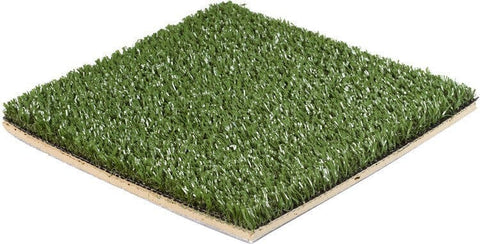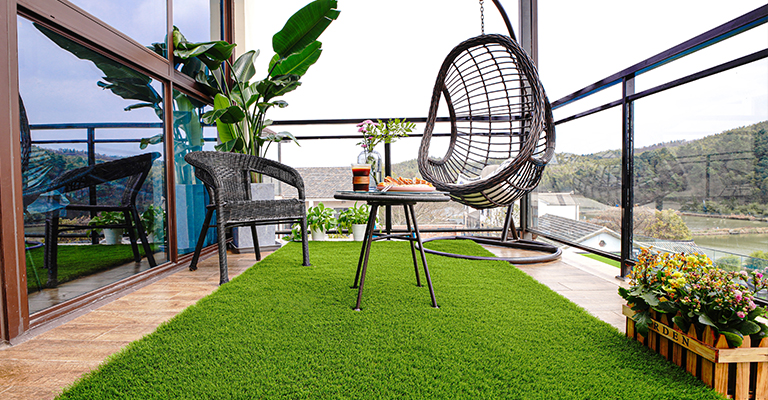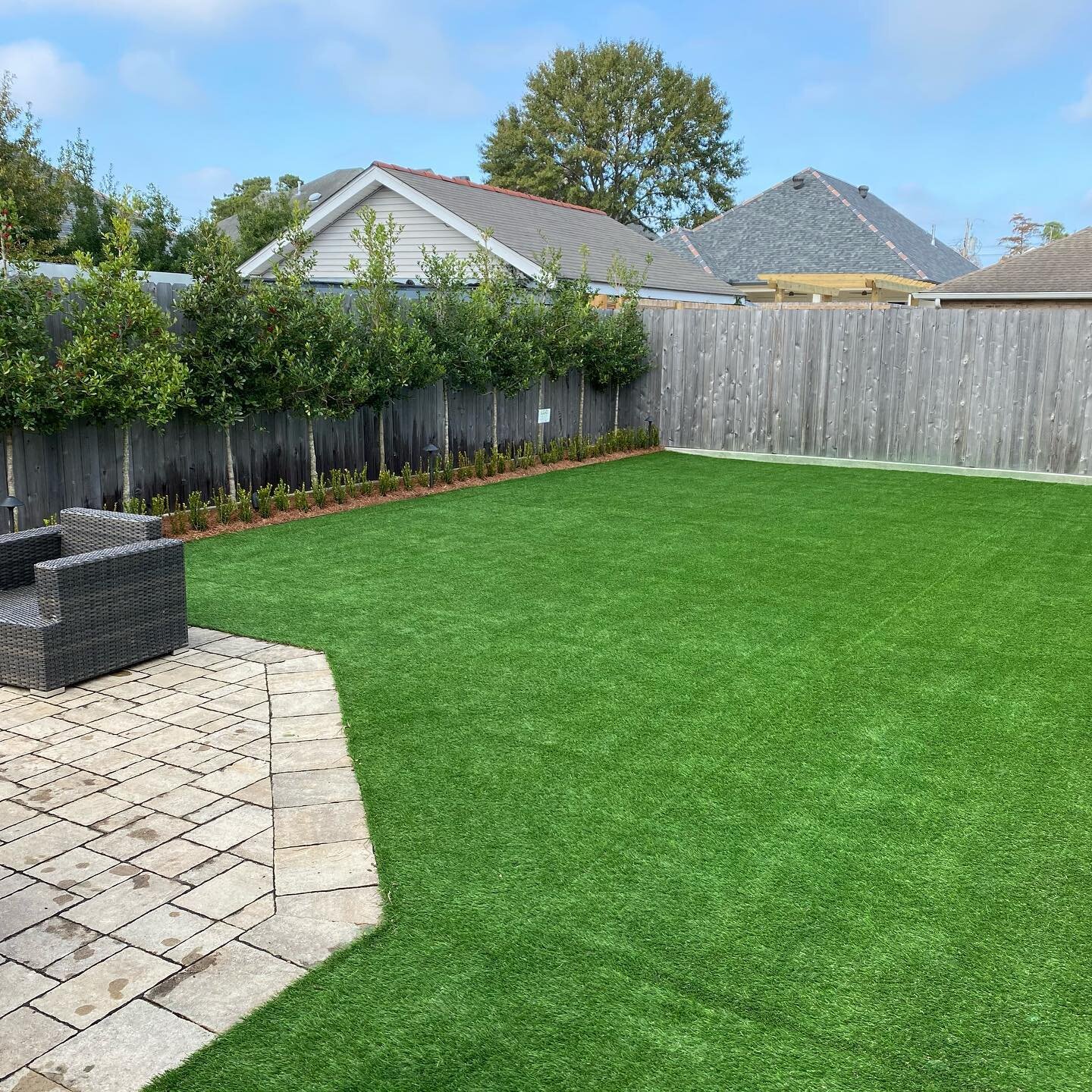Find the Top Artificial Turf Companies Phoenix for Your Home or Business
Find the Top Artificial Turf Companies Phoenix for Your Home or Business
Blog Article
Delve Into the Environmental Benefits of Opting for Synthetic Grass Solutions
The fostering of synthetic grass options offers an engaging opportunity to deal with pressing environmental difficulties. By dramatically reducing water usage and minimizing the application of dangerous chemicals, these choices not just advertise lasting landscape design yet also protect local communities.
Water Preservation Perks
Among one of the most considerable benefits of synthetic turf is its ability to conserve water. Conventional turf lawns need considerable watering, particularly in areas prone to drought or water constraints. On the other hand, fabricated lawn does not need watering, substantially decreasing the general demand for water sources. This attribute is especially helpful in dry regions where water scarcity is a pushing worry.
By removing the requirement for normal watering, synthetic lawn adds to lasting landscape practices and aids mitigate the ecological impact of extreme water consumption. In addition, the conservation of water expands to the reduction of overflow, which can bring about soil disintegration and river pollution.
Additionally, the setup of artificial grass enables municipalities and homeowners to designate water sources more effectively, concentrating on essential uses such as alcohol consumption water and farming. The change in the direction of synthetic grass not just promotes accountable water usage however additionally straightens with broader environmental goals targeted at protecting natural deposits.
As areas increasingly prioritize sustainability, the water conservation benefits of synthetic grass provide a compelling situation for its adoption in industrial and property landscape design jobs.
Minimized Chemical Usage
The shift to man-made grass considerably reduces the reliance on chemical treatments commonly used in natural yard upkeep. Typical lawn monitoring commonly entails the application of chemicals, plant foods, and herbicides to advertise growth and control parasites. These chemicals can present risks to human health, local wild animals, and the atmosphere, adding to soil and water contamination.
In comparison, artificial lawn eliminates the requirement for these hazardous materials. By reducing the launch of synthetic substances into the ecological community, synthetic lawn promotes healthier dirt and water systems.
Furthermore, the lack of chemical drainage connected with fabricated turf setups aids safeguard neighborhood rivers from contamination, sustaining marine life and maintaining biodiversity. Arizona artificial turf. As communities increasingly focus on lasting methods, choosing artificial turf provides a sensible solution that aligns with environmental preservation objectives. Via this shift, property owners can delight in rich eco-friendly rooms without endangering ecological health, paving the way for an extra lasting future
Reduced Carbon Impact

In addition, the installation of synthetic grass can cause substantial water conservation. Natural yards need substantial quantities of water for watering, which not only adds to the carbon footprint connected with water extraction and treatment however likewise pressures neighborhood water sources. On the other hand, artificial turf needs minimal maintenance, requiring no watering, thereby substantially minimizing water use and its connected power expenses.
Furthermore, the durability of synthetic grass adds to its reduced carbon impact. With a lifespan of up to 15 years or even more, the need for constant substitutes is lessened, leading to less waste and lower energy intake in production and disposing of typical yard choices. Generally, man-made turf presents a lasting choice for ecologically conscious landscape design.
Environment Preservation
Habitat conservation is an essential factor to consider in the argument over landscaping selections, especially when contrasting artificial lawn to all-natural turf. All-natural lawn yards commonly need comprehensive upkeep, including the use of chemicals, fertilizers, and herbicides, which can detrimentally impact local environments. These chemicals can seep right into the soil and rivers, harming indigenous flora and animals and disrupting neighborhood habitats.
In comparison, synthetic lawn presents a possibility to decrease the eco-friendly footprint of landscape design. By opting for artificial grass, house owners can minimize the interruption of all-natural habitats connected with typical lawn treatment techniques. Synthetic grass eliminates the need for unsafe chemicals, thus shielding nearby wildlife and keeping the honesty of surrounding environments. In addition, the installation of man-made lawn can lead to the conversion of former lawn locations right into more biodiverse landscapes, such as pollinator gardens or indigenous plant locations, which can sustain neighborhood wildlife.
Inevitably, the change to fabricated lawn not just saves water and minimizes maintenance efforts but additionally cultivates a much more harmonious relationship between human tasks and the natural surroundings, promoting habitat conservation in the procedure.
Long-Term Sustainability
Long-lasting sustainability is a vital consider assessing the benefits of fabricated grass over conventional grass yards. One of the most substantial benefits of artificial lawn is its longevity; it can last as much as 15-20 years with minimal upkeep, whereas natural yard needs frequent reseeding and substitute. This durability reduces the demand for constant sources, such as water, fertilizers, and chemicals, which are necessary for maintaining a healthy and balanced yard yard.
Furthermore, synthetic grass adds to a decrease in carbon exhausts connected with grass treatment equipment. Typical lawns often need gas-powered mowers, leaners, and blowers, all of which add to air pollution. Phoenix turf companies. In comparison, fabricated grass removes the need for such devices, advertising a cleaner atmosphere
In addition, over here the production of man-made lawn click here now progressively makes use of recycled products, enhancing its sustainability account. As suppliers adopt eco-friendly methods, the ecological impact of synthetic grass proceeds to diminish.

Verdict
The adoption of synthetic grass services offers considerable environmental benefits, including considerable water conservation, lowered reliance on hazardous chemicals, and a reduced carbon footprint. In addition, synthetic grass aids in maintaining natural environments by reducing land disruption and promoting long-lasting sustainability through making use of sturdy materials. Collectively, these elements emphasize the potential of synthetic grass to contribute positively to ecological wellness and offer a feasible choice to conventional landscaping techniques in an increasingly resource-conscious world.
In contrast, man-made lawn does not need watering, considerably minimizing the total need for water resources. By reducing the release of synthetic substances right into the ecological community, artificial turf promotes healthier soil and water systems.
Moreover, the installment of fabricated lawn can result in substantial water conservation. our website In contrast, synthetic turf needs minimal maintenance, needing no watering, consequently substantially minimizing water use and its linked power prices.

Report this page